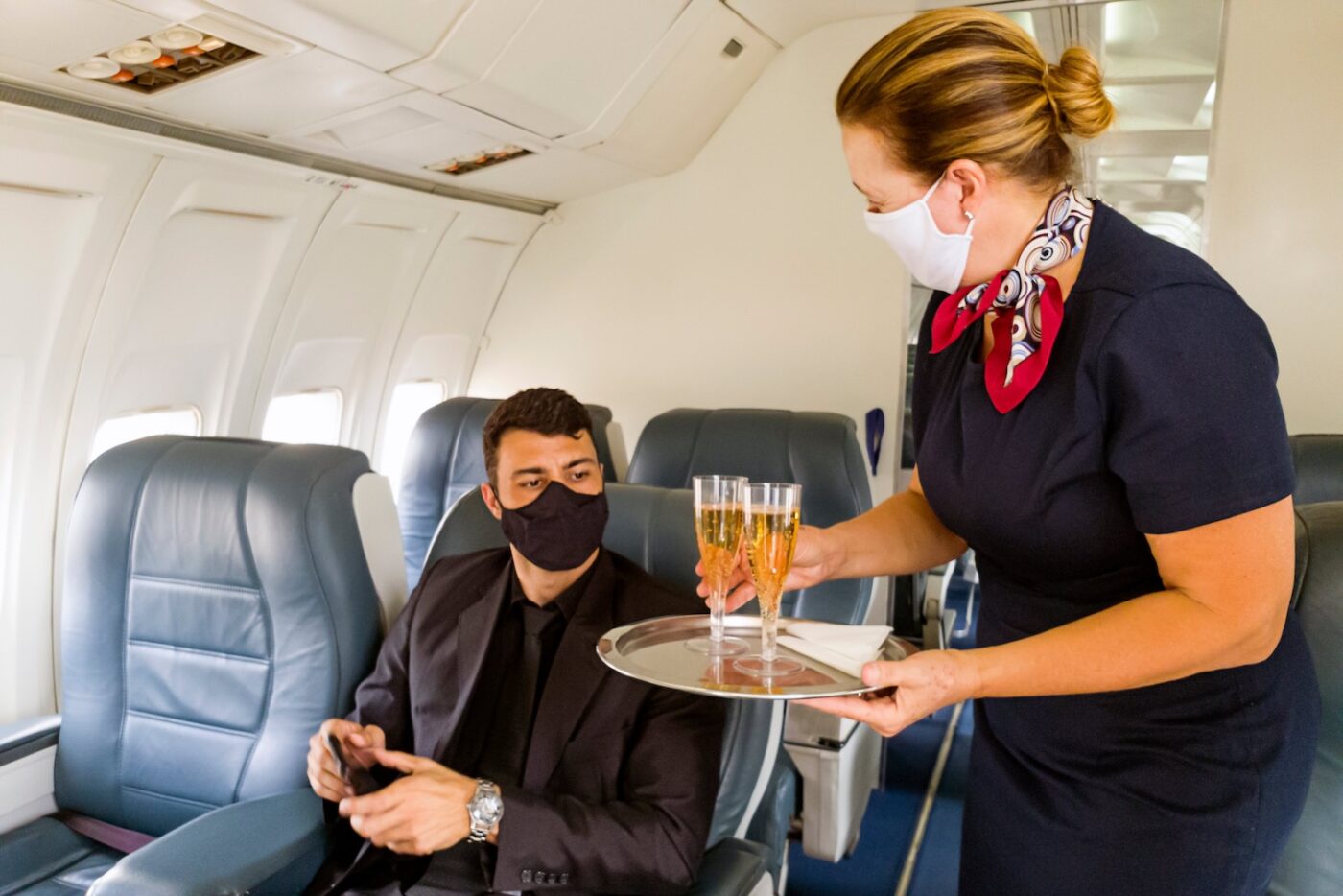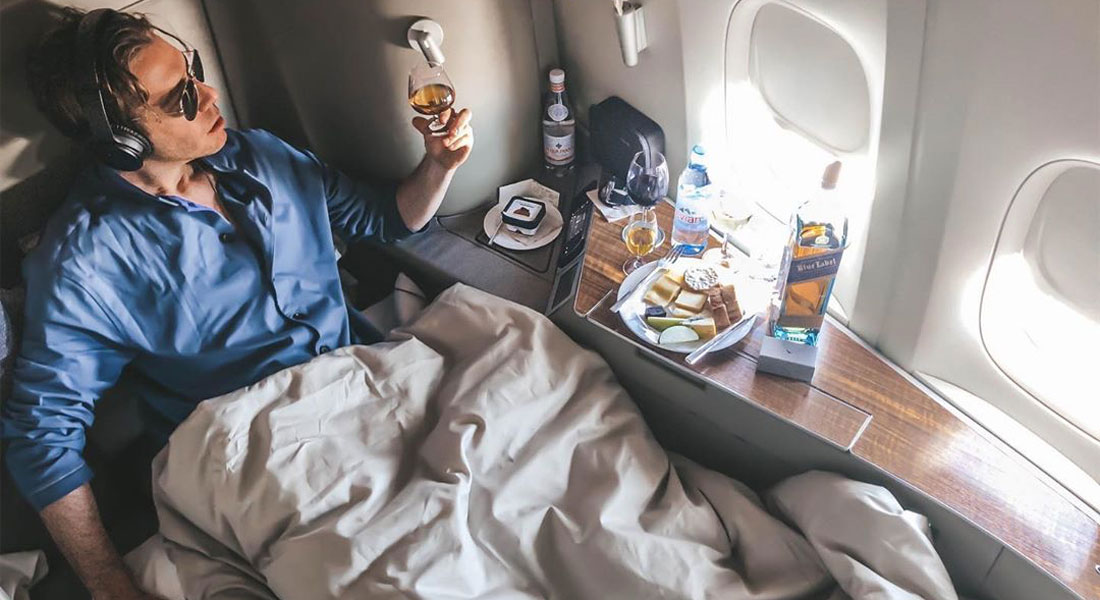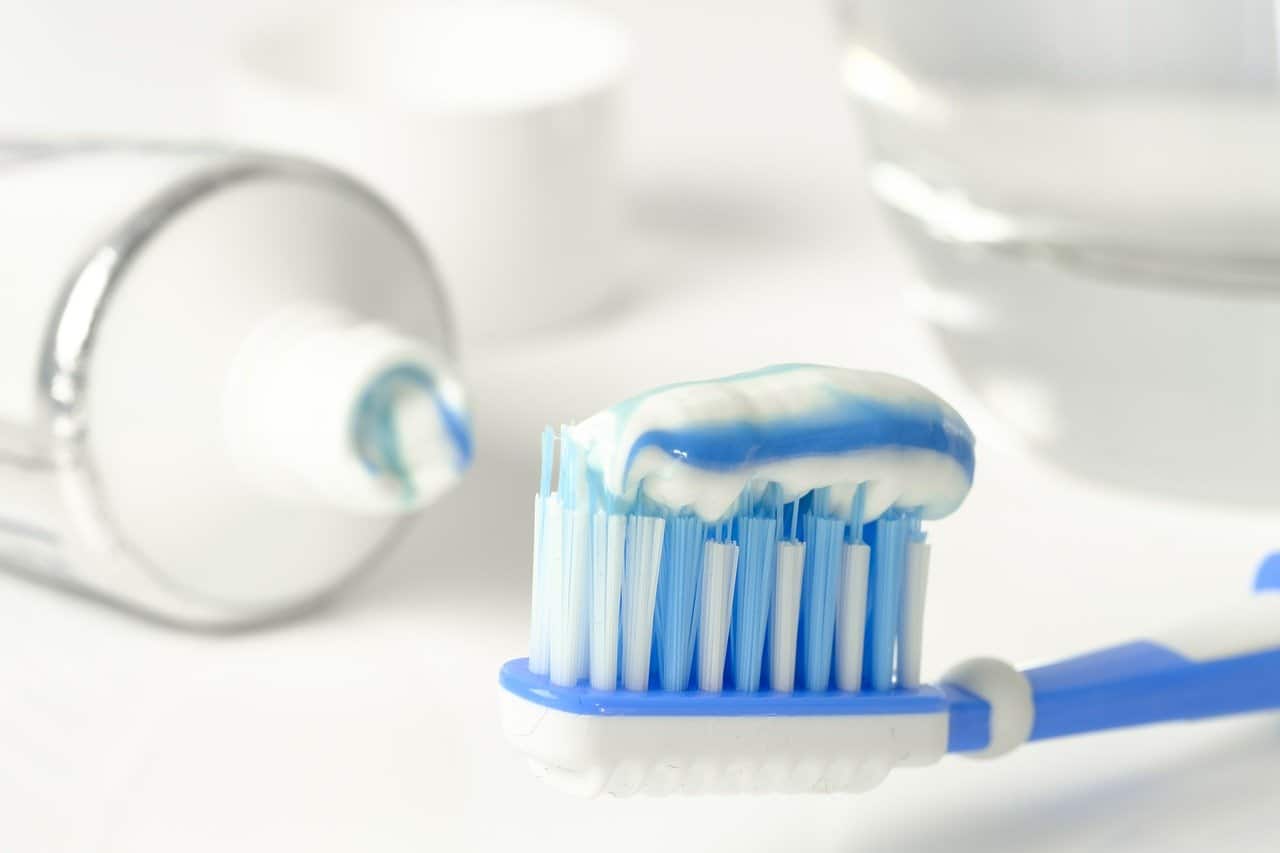New research highlights the deadly risks of in-flight alcohol, prompting calls for stricter regulations on in-flight consumption.
We all know that drinking a little too much in-flight can lead to less-than-ideal outcomes. Just ask the bloke who urinated in his business class cabin… twice. That’s why our recommended in-flight drink is, and always has been, a softer, secret option. However, new research suggests that drinking might not just be a little irresponsible, but downright deadly…
New research has reignited a historic and always-contentious debate on the potential health risks of consuming alcohol during flights, with scientists freshly calling for a ban on the provision of all in-flight alcoholic beverages. The findings, which highlight the potentially lethal dangers posed to heart health, have prompted calls for stricter regulations but also elicited fierce backlash from those who like to kick off their vacations with a bang…
Heart Health At Risk
A landmark study conducted by the Institute of Aerospace Medicine in Germany has revealed that drinking alcohol at cruising altitude could massively impact passengers’ cardiovascular health. The research involved 48 healthy individuals aged 18 to 40, split into two groups. One group slept under normal conditions while the other experienced simulated flight conditions, including artificially induced cabin pressure and that all-improtant alcohol consumption…
Related Stories
The study found that alcohol combined with cabin pressure significantly increased heart rates and decreased oxygen levels in the bloodstream. These effects were pronounced even in young, healthy participants, indicating a considerably elevated strain on the heart. Study authors noted that higher doses of alcohol could further amplify these effects, potentially leading to severe health complications or medical emergencies during flights, especially for older individuals or those with pre-existing conditions.

Emphasising that even those without underlying health issues experienced significant negative effects, the researchers urged passengers to abstain from alcohol before and during flights.
“Our findings strongly suggest that the in-flight consumption of alcoholic beverages should be restricted.”
Historical Context
The push to ban in-flight alcohol is far from new. Historical attempts, such as those led by Senator Strom Thurmond in the mid-20th century, focused on safety and the burden placed on flight attendants. However, these efforts (evidently…) did not result in meaningful or lasting legislative change. The recent study adds a critical health perspective to the argument, which may give new momentum to these efforts.

During the pandemic, several airlines temporarily halted alcohol service, resulting in passengers consuming excessive amounts of alcohol before boarding or sneaking it on board. This unintended consequence suggests that a complete ban might not be the most effective solution. Instead, researchers propose a more carefully regulated and limited alcohol service to control consumption and mitigate health risks without denying passengers altogether.
How do you feel about this? Do you feel far too fondly about your in-flight champagne or Bali-ready Bintang to give it up? Or does your health and your arrival time come first?




